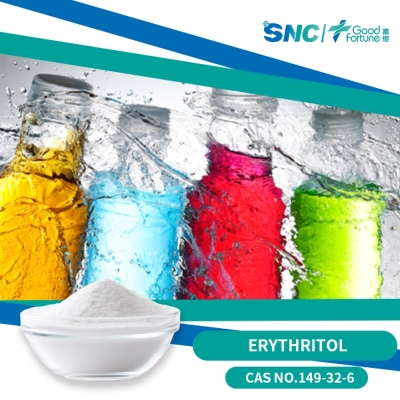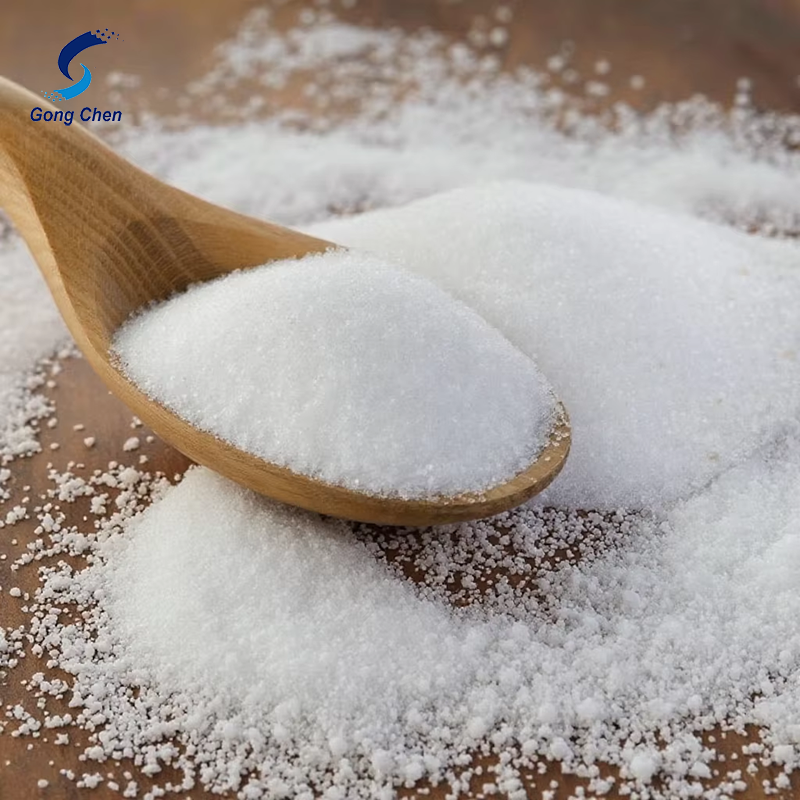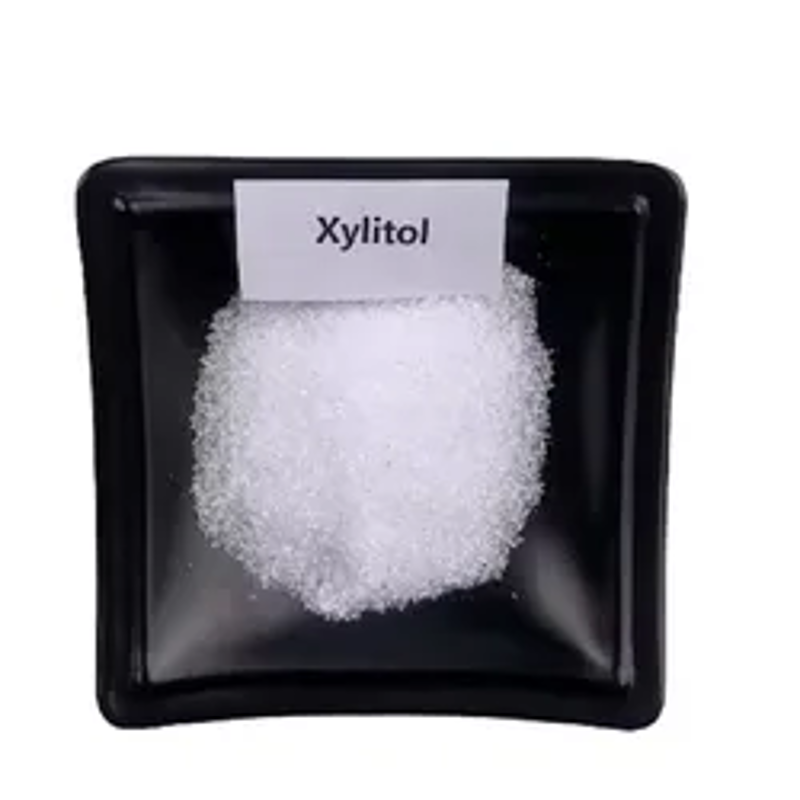-
Categories
-
Pharmaceutical Intermediates
-
Active Pharmaceutical Ingredients
-
Food Additives
- Industrial Coatings
- Agrochemicals
- Dyes and Pigments
- Surfactant
- Flavors and Fragrances
- Chemical Reagents
- Catalyst and Auxiliary
- Natural Products
- Inorganic Chemistry
-
Organic Chemistry
-
Biochemical Engineering
- Analytical Chemistry
-
Cosmetic Ingredient
- Water Treatment Chemical
-
Pharmaceutical Intermediates
Promotion
ECHEMI Mall
Wholesale
Weekly Price
Exhibition
News
-
Trade Service
Recently, the Vegetable Research Institute of Beijing Academy of Agriculture and Forestry Sciences published an online publication entitled The NAC tranion factor ClNAC68 positively regulates sugar co in Horticulture Research (Q1, IF=6.
793), a Top journal in the field of horticulture.
ntent forbid seed development in watermelon forbid repressing ClINV forbid ClGH3.
6 research paper
.
This study reveals that the NAC transcription factor ClNAC68 mediates the cell wall invertase gene to regulate the sugar content of watermelon fruits , and mediates the molecular mechanism of the key auxin signal factor ClGH3.
6 to regulate seed development.
It is to analyze the regulation of watermelon fruit sugar metabolism and seed development The network lays the molecular foundation .
793), a Top journal in the field of horticulture.
ntent forbid seed development in watermelon forbid repressing ClINV forbid ClGH3.
6 research paper
.
This study reveals that the NAC transcription factor ClNAC68 mediates the cell wall invertase gene to regulate the sugar content of watermelon fruits , and mediates the molecular mechanism of the key auxin signal factor ClGH3.
6 to regulate seed development.
It is to analyze the regulation of watermelon fruit sugar metabolism and seed development The network lays the molecular foundation .
Watermelon (Citrullus lanatus) is one of the top ten fruits in the world
.
The sugar content of watermelon fruit is an important indicator to measure the quality of watermelon fruit
.
The sugar in watermelon fruit is mainly sucrose, glucose and fructose, and the sucrose content determines the sugar content of watermelon fruit
.
The results of previous studies have shown that invertase can promote the rapid decomposition of sucrose and is an important functional gene in sucrose metabolism, but the molecular mechanism of its regulation is not very clear
.
.
The sugar content of watermelon fruit is an important indicator to measure the quality of watermelon fruit
.
The sugar in watermelon fruit is mainly sucrose, glucose and fructose, and the sucrose content determines the sugar content of watermelon fruit
.
The results of previous studies have shown that invertase can promote the rapid decomposition of sucrose and is an important functional gene in sucrose metabolism, but the molecular mechanism of its regulation is not very clear
.
NAC (NAM, ATAF1/2, CUC2) transcription factors play an important role in fruit ripening and quality
.
The watermelon genome encodes 80 NAC genes, of which 21 NAC genes are highly expressed in the pulp and vascular tissues
.
Among these genes, the expression of ClNAC68 in the pulp was significantly higher than that in the peel
.
However, the internal regulation mechanism of ClNAC68 in fruit ripening and quality is still unclear
.
In this study, the researchers discovered that ClNAC68 is a transcriptional repressor
.
Knockout of ClNAC68 by the CRISPR-Cas9 system can reduce the soluble solid content and sucrose accumulation in the mutant pulp (Figure 1)
.
Transcriptome analysis found that there were a total of 501 differential genes in the mutant pulp, which were mainly clustered in pathways related to sugar metabolism
.
Among them, only the key gene in the sucrose metabolism pathway, the invertase gene ClINV, was up-regulated in the mutant pulp
.
EMSA and dual luciferase analysis showed that ClNAC68 directly binds to the promoter of ClINV and inhibits its expression (Figure 2)
.
This study clarified for the first time that ClNAC68 inhibits invertase enzyme activity, thereby increasing the accumulation of sugar in the pulp, and further enriching the molecular mechanism of NAC transcription factors regulating sugar metabolism in watermelon fruit
.
.
The watermelon genome encodes 80 NAC genes, of which 21 NAC genes are highly expressed in the pulp and vascular tissues
.
Among these genes, the expression of ClNAC68 in the pulp was significantly higher than that in the peel
.
However, the internal regulation mechanism of ClNAC68 in fruit ripening and quality is still unclear
.
In this study, the researchers discovered that ClNAC68 is a transcriptional repressor
.
Knockout of ClNAC68 by the CRISPR-Cas9 system can reduce the soluble solid content and sucrose accumulation in the mutant pulp (Figure 1)
.
Transcriptome analysis found that there were a total of 501 differential genes in the mutant pulp, which were mainly clustered in pathways related to sugar metabolism
.
Among them, only the key gene in the sucrose metabolism pathway, the invertase gene ClINV, was up-regulated in the mutant pulp
.
EMSA and dual luciferase analysis showed that ClNAC68 directly binds to the promoter of ClINV and inhibits its expression (Figure 2)
.
This study clarified for the first time that ClNAC68 inhibits invertase enzyme activity, thereby increasing the accumulation of sugar in the pulp, and further enriching the molecular mechanism of NAC transcription factors regulating sugar metabolism in watermelon fruit
.
Dr.
Wang Jinfang and Dr.
Wang Yanping from the Vegetable Research Institute of our institute are the co-first authors of the paper, and researcher Guo Shaogui and researcher Zhang Haiying are the corresponding authors of the paper
.
The research was funded by the Collaborative Innovation Center of the Academy, the National Natural Science Foundation of China and other projects
.
Wang Jinfang and Dr.
Wang Yanping from the Vegetable Research Institute of our institute are the co-first authors of the paper, and researcher Guo Shaogui and researcher Zhang Haiying are the corresponding authors of the paper
.
The research was funded by the Collaborative Innovation Center of the Academy, the National Natural Science Foundation of China and other projects
.







